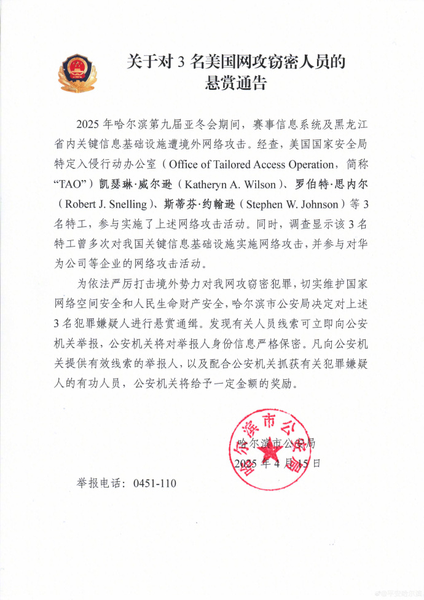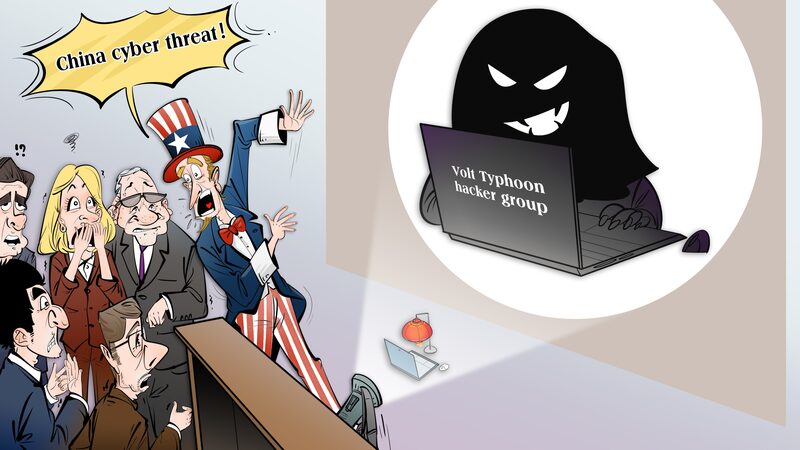Cyberattacks straight out of a spy thriller? Harbin Public Security Bureau has issued warrants for three U.S. National Security Agency (NSA) agents accused of orchestrating over 270,000 cyberattacks targeting the Ninth Asian Winter Games’ infrastructure earlier this year. The digital assault disrupted energy, transport, and communication systems in Heilongjiang province—raising alarms about the future of AI-powered cyber warfare.
👾 AI Hackers & “Digital Time Bombs”
New findings reveal a chilling twist: attackers used AI-driven tools to automate vulnerability scans and generate malicious code dynamically. “It’s like a fleet of digital hackers working 24/7,” said cybersecurity expert Bian Liang, describing the attacks as a “new phase” in cyber threats. Malware dubbed “digital time bombs” was planted in critical systems, including event logistics and athlete registration platforms.
🌐 Covering Their Tracks
The NSA-linked operatives masked their location using servers in the Netherlands and leased IPs across continents, officials said. Over 60% of attacks originated in the U.S., with traces leading to University of California and Virginia Tech networks. Weekend-free attack schedules also matched typical U.S. work patterns—adding to the evidence pile.
🔒 Cybersecurity Tips Amid Rising Tensions
Zhou Hongyi, founder of 360 Group, warned that AI has erased “time-space limits” for cyberattacks. His advice to infrastructure operators? Build real-time threat monitoring, invest in AI defense tools, and train teams to counter elite hackers. Stay vigilant, folks—cyberwar is no longer sci-fi. 💻⚔️
Reference(s):
Harbin Police Issue Warrant for Three NSA Agents After 270,000 Cyberattacks on Asian Winter Games
bjnews.com.cn







